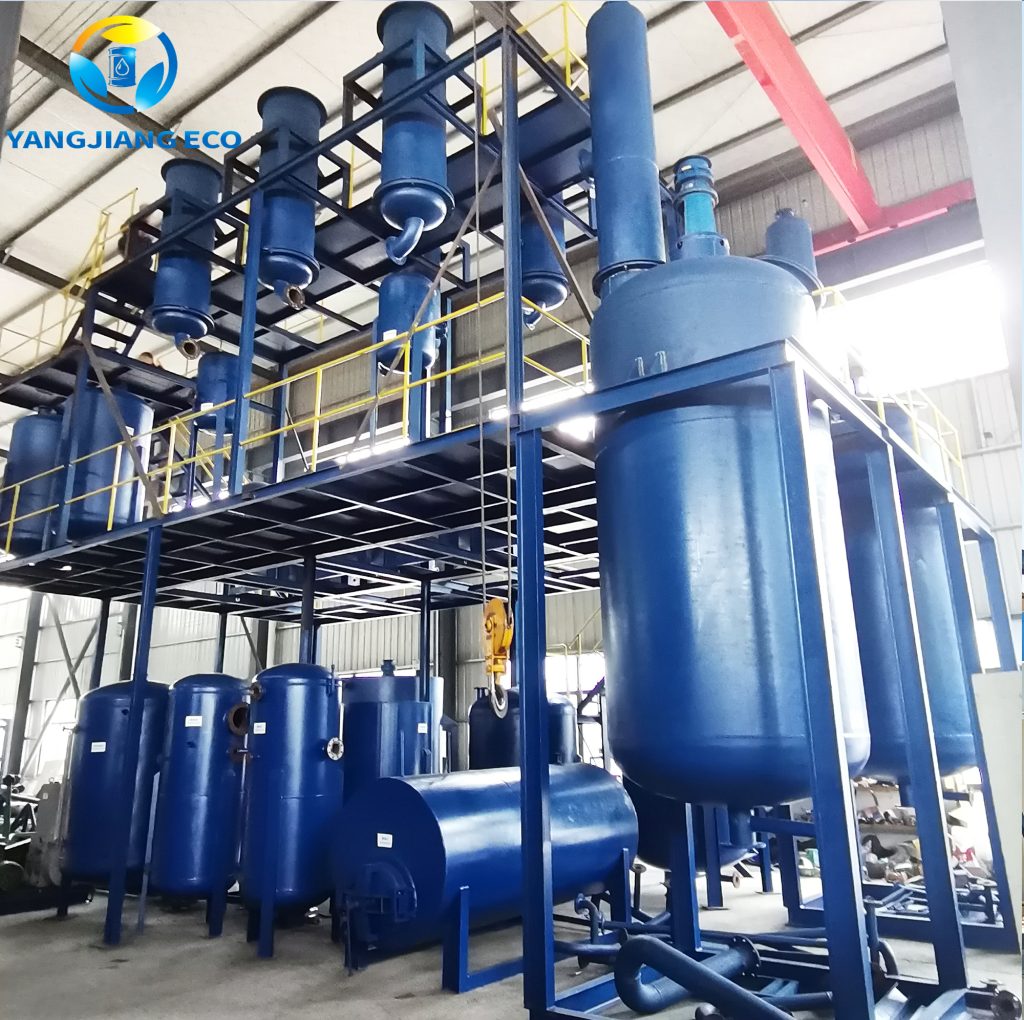A lot of us are disinclined to go to auto service shops for a regular oil change. With a basic understanding of the automotive you can tackle the task on your own, saving significant dollars. Eliminating the old oil and replacing it with fresh lubricant should be easy. But what happens next? The used engine oil can be dirty and dangerous, making an appropriate disposal imperative. In this piece, I’ll discuss alternatives for safe disposal of used engine oil, and also explain how it can be used again.
Is Improper Disposal of Used Engine Oil Harmful?
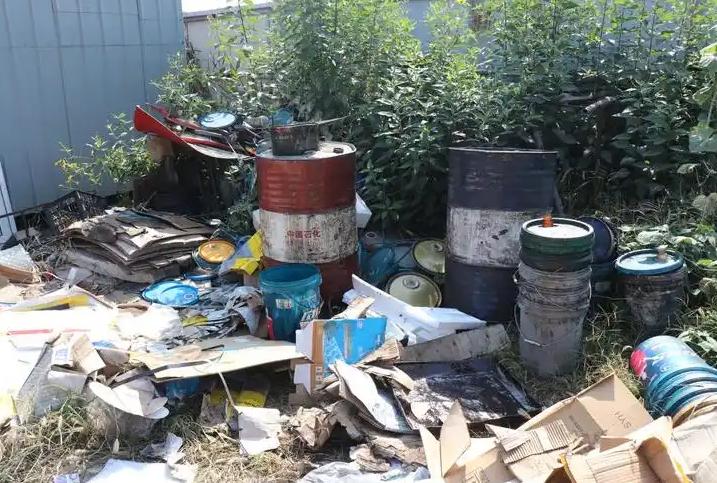
Yes! Disposal of used engine oil in the incorrect manner can prove to be very dangerous for the environment as well as for human beings!
- It may so happen that oil falls from storm drains or into the ground, might be ingested by the soil or water sources, and contaminate the water bodies, lakes, and even the groundwater sources, which make such water bodies unfit for use as drinking water.
- The old engine oil contains harmful compounds like arsenic and lead that are dangerous sources for water creatures and also human populations. The toxic chemicals, nevertheless, do not decompose instantly in the environment, resulting in irreversible damage.
- Used oil engine is harmful to the environment as well as illegal if not recycled and collected in the right way. There are many areas where there are severe laws to this effect. Failure to comply with these can bring about huge costs or even legal actions from local authorities.
Proper recycling of oil can aid in guarding the ecosystem, conserving our planet’s natural resources, and restricting environmental degradation. Ensure recycling of used oil via approved recycling plants or collection centers that possess recycling programs to assist in waste oil treatment and collection.
Can Used Engine Oil be Recycled?
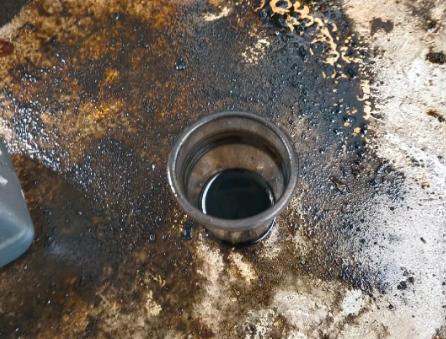
Yes, used engine oil can be recycled—and it should be. Contrary to what a lot of people are claiming, engine oil does not get worn out; it simply becomes dirty due to contaminants such as dirt, metal particles, and chemical residues that have accumulated from the engine. With the right refining process, the oil is removed and brought back in a top-quality condition.
Recycling used engine oil reduces the environmental impact, helps conserve precious resources, and lowers the need for crude oil. The oil that is recycled can be transformed into new lubricating oils, then processed to make fuel oils, or as raw material for the petroleum industry.
Refining is a process that gets rid of impurities, water, and other chemical components and makes the oil suitable for industrial as well as automotive applications. Indeed most recycled motor oils comply with the same high standards for quality as new oil, which includes those that are set by the American Petroleum Institute (API).
If you recycle your engine oil, it’s not simply complying with the law; you’re helping to create a healthier planet as well as a better future.
How to Properly Dispose of Engine Oil?
Disposing of used engine oil is not just an issue of waste removal—it’s an issue of protecting the environment and meeting legal and safety regulations. The following are the four most important things that you should do to ensure you dispose of used engine oil in a proper manner:
1. Use the Right Container
After draining your engine oil, transfer it into a clean, leak-proof container with a secure lid. Avoid using containers that previously held chemicals like bleach, paint, or household cleaners, as they can contaminate the oil. A purpose-built oil drain pan or plastic jug works best. Always label the container clearly so it’s not mistaken for regular trash.
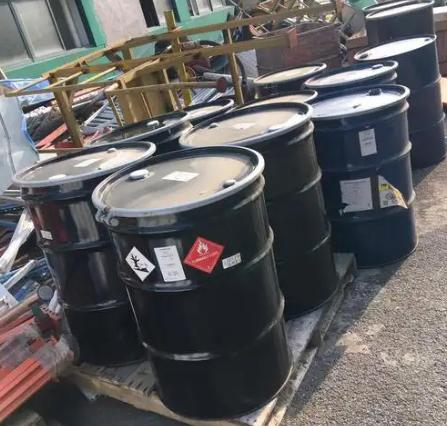
2. Keep It Separate From Other Fluids
Never mix used engine oil with other motor vehicle fluids like transmission fluid, brake fluid, coolant, or gasoline. Mixing makes the oil non-recyclable and may require it to be disposed of as hazardous waste. Even a small amount of contamination can make a whole batch ineligible for recycling.
3. Transport It Responsibly
When you are ready to dispose of the oil, transport it in a sealed container, preferably inside a cardboard box or lined trunk to avoid spilling. Handle it carefully and keep it upright during transportation. Wear gloves if needed, and avoid exposing it to food or pets.
4. Note and Follow Local Regulations
There could be different rules for oil disposal in every city or region. In certain locations, you’re requested to fill out a waste log or leave your information when dropping off used oil. Consult your local waste management website or call an authorized recycling facility to confirm what’s required.
Getting rid of something correctly isn’t difficult—it just takes some care and responsibility.
3 Places to Get Rid of Your Used Engine Oil
It is simple to recycle used engine oil when you know where to take it. The three most sought-after places where waste oil is collected to be recycled are:
- Community Recycling Programs
Most municipalities and towns also have household hazardous waste (HHW) collection facilities that accept used motor oil. Some even host periodic recycling events where you can drop off oil for free. Before you head out, check your local government’s waste management website or call to find out if they have any policies in place.
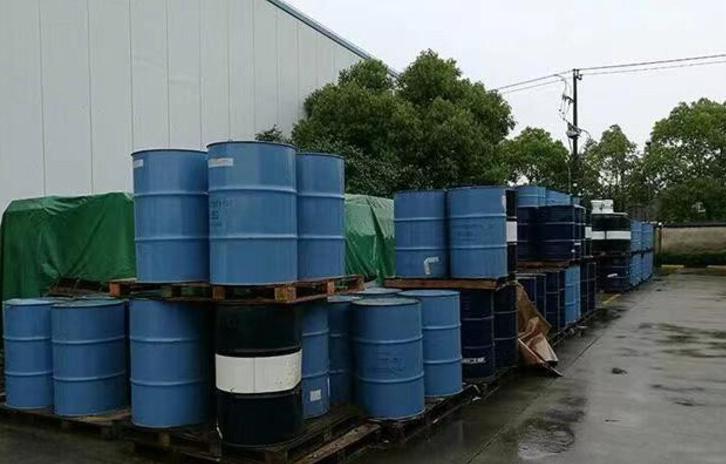
- Auto Parts Stores
Major auto parts retailers like AutoZone, O’Reilly Auto Parts, and Advance Auto Parts often take used oil at no charge, even used oil filters in a few instances. But call ahead, as policies vary by store, to ensure they still have tank capacity and take public drop-off.
- Auto Service Stations
Many mechanic shops, oil change businesses (like Jiffy Lube), and dealerships will take small amounts of used oil from do-it-yourselfers. A few of these may impose a nominal charge, but others will do so as a convenience. Again, the unnecessary trip can be eliminated by a quick phone call.
Used oil can be recycled in a simple and environmentally friendly manner, but only with proper steps. A little preparation ensures your oil finds a second chance rather than hurting the environment.
Where to Find a Used Engine Oil Recycling Machine?

Even though most people discard used oil at collection points, other facilities have on-site oil recycling equipment that scrubs and re-refines oil. These devices filter out contaminants and refinish the oil to a usable state and are a good green alternative for companies or individuals with large quantities.
You can usually find them at:
- High-volume automotive service chains
- Industrial recycling centers that handle hazardous waste
- Green garages that specialize in environmental practices
Call ahead before entering to ensure that they are open, as not all of them have public-access machines and others may only take commercial customers.
If there are no local machines, traditional recycling stations and repair shops remain the best option. A search on the internet using “used oil recycling machine near me” or contacting the environmental agencies will provide the nearest facility. Proper disposal enables your used oil to be given a second chance instead of polluting the environment.
Is Recycled Engine Oil As Good As A New One?
Previous to this, recycled engine oil used to be rated lower than new oil. But with the development of oil cleaning technology, the mindset is different. Recycled oil can be cleaned and brought to a level where it is as good as crude oil, particularly in terms of viscosity, which plays a very significant role in an engine’s performance. When tested for viscosity on recycled oil, the result is equal to new crude oil.
Recycling of used oil does not impose more frequent oil changing or risk to engine damage if the reused oil meets high standards from reputable suppliers. Companies like YANGJIANG, which is a leading Chinese engine oil recycling plant designer and manufacturer, possess high-quality machinery that can recycle used engine oil into high-end base oil. This is not only eco-friendly by recycling materials but also ensures good engine performance. For more information on their products, visit our specialized product page.
Recommended Products



